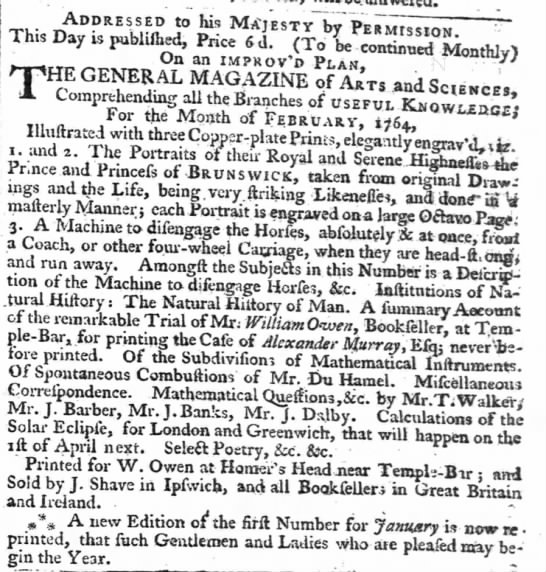Man, dig it, the descent of God’s grace, it’s like this wild journey through the beatific realms of Christianity, you know? It’s all about God, that cosmic hipster, showering us with His unearned favor, His mercy, and His divine blessings. It’s a trip, man, when God reaches out to us cats with love and forgiveness, offering up His divine assistance.
See, in Christian theology, grace is like the ultimate jam, man. It’s the key to grooving with the big man upstairs. Grace is this totally free and undeserved gift, flowing from God’s righteous vibes. It ain’t something you can hustle or earn, no way, it’s a pure and righteous move from God Himself.
The descent of God’s grace is like a righteous riff that echoes through every aspect of Christian belief. Take salvation, for instance. Christians dig that God’s grace flowed down to us in the form of His son, Jesus, man. Jesus came on down from heaven, bringing redemption and eternal life to all us cool cats. It’s like this divine descent, man, bridging the gap between the divine and us mere mortals.
Then there’s the sacraments, brother. In those rituals like baptism and the Eucharist, God’s grace is like this crazy energy, flowing through the cosmic ether. It’s this direct connection to the divine, a way for us cats to tap into God’s grace and feel it coursing through our veins.
And let me tell you about spiritual growth, man. The descent of God’s grace is all about this ongoing trip of transformation. It’s the Holy Spirit doing its thing, guiding us cool cats on the path to righteousness. God’s grace pours out, man, like a never-ending stream, helping us grow in faith, love, and all that jazz.
So, dig it, man. The descent of God’s grace in Christianity is like this cosmic odyssey, a journey that connects us beatniks with the divine. It’s a recognition that we dig on God’s unearned favor, that we’re dependent on His righteous vibes. It’s the rhythm that keeps us grooving, man, on this wild ride through the heart of faith.
Grace is a concept that holds different meanings across various contexts, including religious, philosophical, and cultural spheres. In its most general sense, grace refers to a quality or state of elegance, beauty, charm, or goodwill. However, when discussing grace in a religious or theological context, it takes on a deeper and more specific significance.
In Christianity, grace is a central theological concept that emphasizes the unmerited favor, love, and divine assistance bestowed upon humanity by God. It is often described as a gift freely given by God, regardless of a person’s actions or deservingness. Grace is seen as an expression of God’s boundless love, mercy, and forgiveness.
Grace…
Christian theologians and scholars have explored different dimensions of grace. Here are a few key aspects:
1. Soteriological Grace: Soteriological grace refers to the grace of salvation. It is the divine intervention and unmerited favor that brings about redemption and eternal life for believers. Christians believe that they are saved by God’s grace through faith in Jesus Christ, not by their own efforts or righteousness.
2. Sanctifying Grace: Sanctifying grace is the ongoing work of God’s grace in the life of a believer. It is the transformative power that enables spiritual growth, righteousness, and conformity to the image of Christ. Christians understand that through sanctifying grace, they are enabled to live a holy and righteous life.
3. Prevenient Grace: Prevenient grace is a concept within certain branches of Christianity, particularly within Wesleyan theology. It refers to the grace of God that goes before, preparing and enabling individuals to respond to God’s call. It is seen as a divine initiative that draws people toward God and opens their hearts and minds to receive His grace.
4. Common Grace: Common grace is a concept that extends beyond the realm of personal salvation. It is the idea that God’s grace is present and active in the world, benefiting all of humanity. Common grace is understood as the goodness, mercy, and blessings that God bestows upon both believers and non-believers alike, such as the provision of food, shelter, and the beauty of creation.



